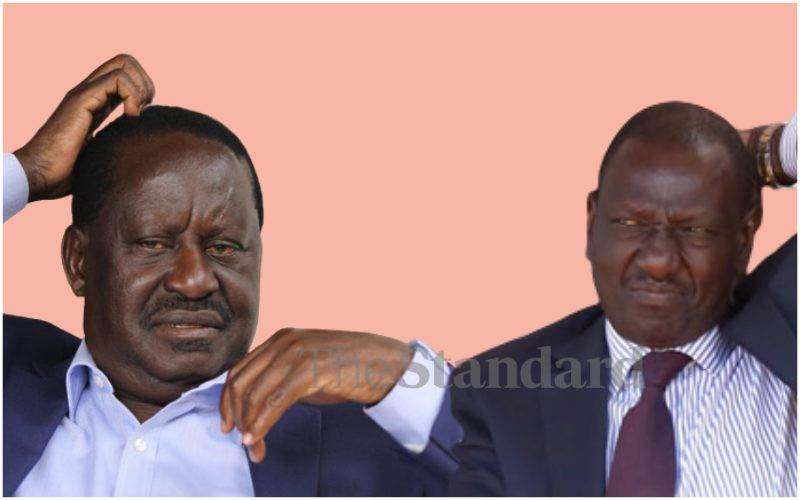
As President William Ruto presided over the 60th anniversary of Madaraka Day, he seemed caught between domestic and international hustles. He works hard to play in the global arena only to show inability run the Kenyan polity. In seeking to acquire positive international image, however, he still has to deal with Raila Amolo Odinga (RAO) who is Kenya's perennial political headache. Ruto seems lost amidst out of control structural challenges of political economy varieties. Not knowing how to 'hustle' himself out of the fix, he appears not to be in control.